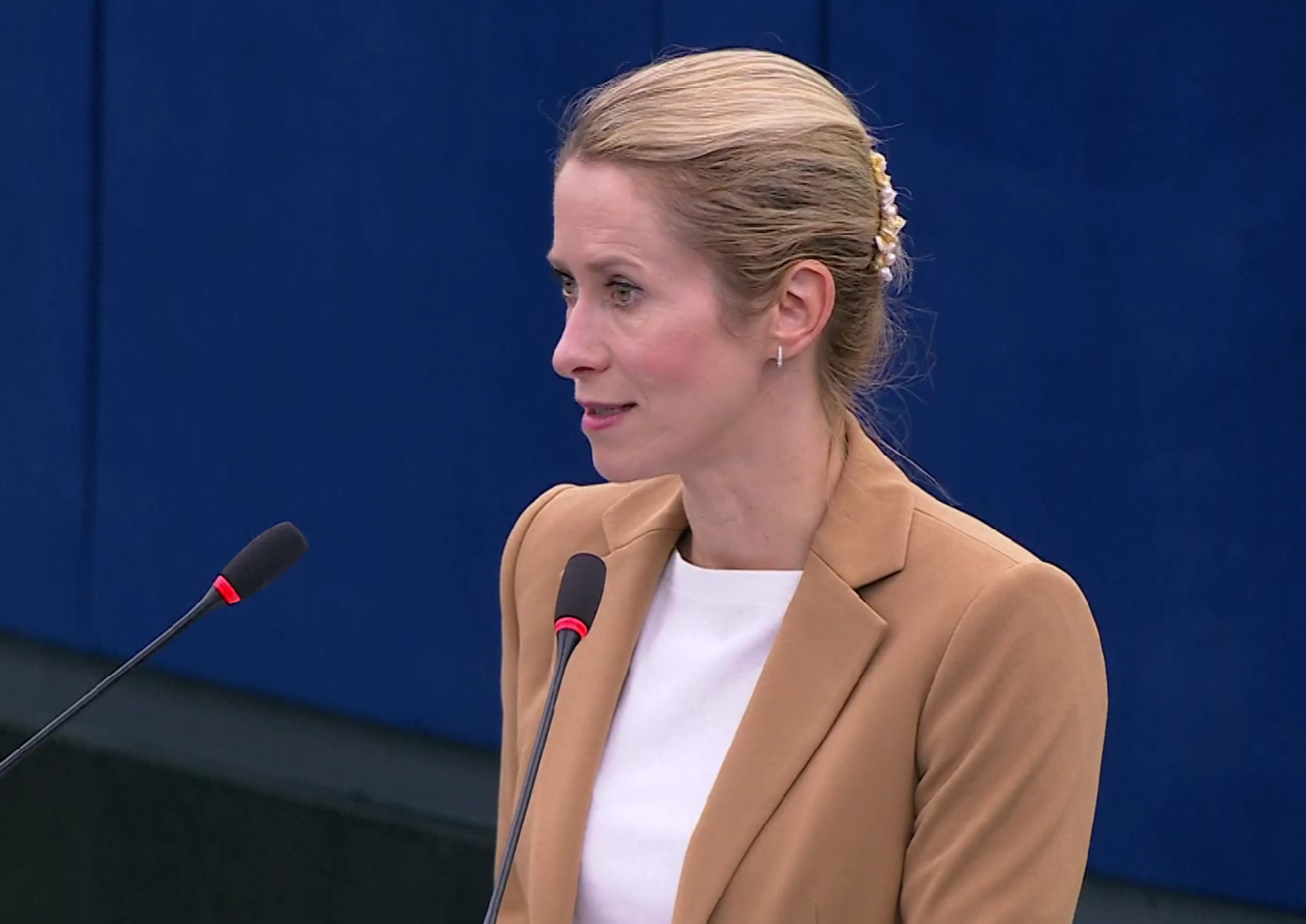EU High Representative for Foreign Affairs and Security Policy Kaja Kallas warns that even discussing possible territorial concessions by Ukraine means falling into a Russian trap, according to an interview with Redaktionsnetzwerk Deutschland.
Kallas outlined what she described as Russia’s classic three-step negotiation tactic: “First, Moscow demands something that never belonged to it. Then follow ultimatums and threats of violence. Finally, voices in the West are mobilized that are ready to offer Russia exactly what it never had before.”
The Estonian diplomat was commenting on German polls showing that a majority of Germans support territorial concessions by Ukraine for the sake of peace.
“In the end, the Russians get more than they ever dared to dream. This discussion about possible territorial concessions is a trap, and we must not fall into it,” Kallas said, according to the report.
She emphasized that Russia wants the West to debate what Ukraine should give up for peace while completely ignoring that the Kremlin itself has made no concessions so far.
“The Russians want us to discuss what Ukraine should give up for peace, while it is completely overlooked that the Kremlin itself has not made any concessions so far,” she said.
According to the diplomat, the Kremlin now sells it as a compromise if it “only” keeps the territories it has already conquered. “But that is not really a compromise if completely excessive demands were made beforehand. That’s why I say once again: We must not fall into Putin’s trap. Our goal must be that this war does not pay off for Putin. The reward for aggression would bring more war, not less,” Kallas stressed.
The interview comes as Ukrainian Foreign Minister Andriy Sybiha, on the anniversary of Nazi Germany’s attack on Poland, recalled that these events were preceded by attempts to appease the aggressor and called for not making the same mistake now regarding Ukraine.
Many top officials from Central and Eastern Europe have already drawn comparisons between current negotiations around Ukraine and the “Munich Agreement” of 1938, along with other warnings about the inadmissibility of concessions to Russia based on lessons from World War II.




